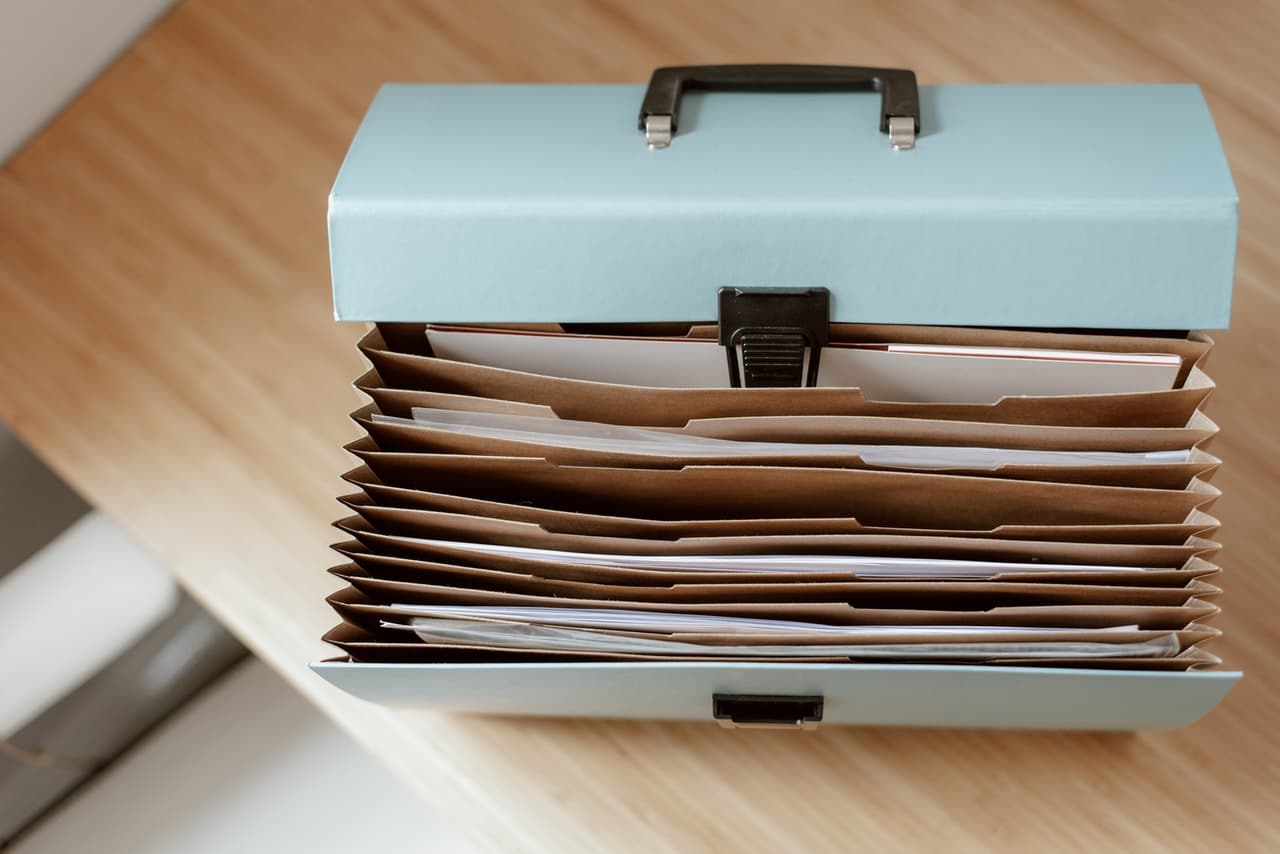As a claimant in a personal injury action, you might think providing medical records and details of the incident would be sufficient for a legal claim. However, you might be surprised by the amount of information some defendants will request. The process of parties exchanging evidence and documentation is known as document discovery, and it can be overwhelming and stressful for claimants, especially when you aren’t clear on why certain information is even relevant. Most of a defendant’s requests are legitimate, but sometimes defendants will ask for much more information than they are entitled to in the hopes of finding out more about you or your claim.
Below, we will provide an overview of the types of documentation a personal injury claimant may need to provide with respect to their claim. Note that this is simply a general review. The document discovery process can vary depending on the specific circumstances of each case. If you bring a personal injury claim, your lawyer will review what should and should not be provided in your specific case.
Which Evidence is “Relevant” in an Ontario Personal Injury Claim?
According to Ontario’s Rules of Civil Procedure, claimants in civil litigation should provide “all documents relevant to any matter in issue in the action that are or have been in the party’s possession, control or power.”
A “matter in issue” is something that the parties are disputing in the claim. For example, you might be claiming that you lost wages because you had to take time off work due to your accident injuries. The claim for lost wages would generally be one of several issues that make up the overall damages claim.
But what does “relevant” mean? If a document can help to prove or disprove a matter in issue, it is relevant. Using the wage loss example, your employment file, pay stubs, and income tax returns could all be considered relevant documents because these could help to prove the claim for lost wages.
For example, if you are claiming you had to take time off work because of the accident, your pay stubs and income tax returns will tell both sides how much money you make, how much time you had to take off work, and will help to quantify your wage loss claim. Your employment file could help to establish that the time off was directly related to the accident injuries as opposed to something else.
Preparing to Produce Documents in an Ontario Personal Injury Claim
Your lawyer should prepare you for the document discovery stage by helping you understand which information will be relevant to your claim. Once your lawyer determines what information will be relevant, they will prepare an “Affidavit of Documents”, which includes a list of all the relevant documents you have in your possession to back up your claim. The documents included in the Affidavit can be divided into three categories:
- The relevant documents you have in your possession and are willing to provide to the defendant.
- The relevant documents you have in your possession but are protected by privilege of some sort.
- The relevant documents you once had in your possession, but no longer have access to.
The defendant will prepare their own Affidavit of Documents, which the lawyers will exchange. Either party can request copies of documents not protected by privilege and may request summaries of the evidence that is. If either side wants to compel the other to produce documentation not included in the Affidavit, they may bring a motion requesting it.
Generally, the types of documents a claimant will list in an Affidavit of Documents for a personal injury claim will include:
- Employment files and pay stubs;
- Tax returns;
- Medical records related to the injury, including records from physiotherapists, massage therapists, kinesiologists, surgeons, psychiatrists, psychologists, etc.;
- Costs of medical or other equipment and ongoing care related to the injuries; and
- The police report from the accident (if applicable).
Again, the relevant documents will vary based on the unique circumstances of your claim. You may also include photographs of the injuries and/or scene of the incident, witness statements, and more. Your lawyer will be able to tell you which information is required, and successfully navigate any disputes with the defendant that may arise relating to whether a particular document is relevant to your claim.
Skilled Personal Injury Lawyers Serving Eastern Ontario and North Bay
Litigation can be an overwhelming experience and personal injury claims tend to require the claimant to produce a significant amount of personal information, which may be uncomfortable. At Tierney Stauffer LLP, our personal injury lawyers have over 35 years of experience advocating for those who have been injured in accidents, or through the negligence or abuse of others. You can rest assured that our personal injury lawyers will guide you through the complicated document discovery process of your claim with your best interests in mind. We will diligently protect your rights throughout the discovery process, and your entire claim.
At Tierney Stauffer LLP, we recognize that no two accidents or accident injuries are the same, which is why our personal injury team gives each client the personalized attention needed to bring about the best possible resolution. Call us at 1-888-799-8057 or contact us online to set up a free consultation to discuss your matter in confidence with a member of our team.


